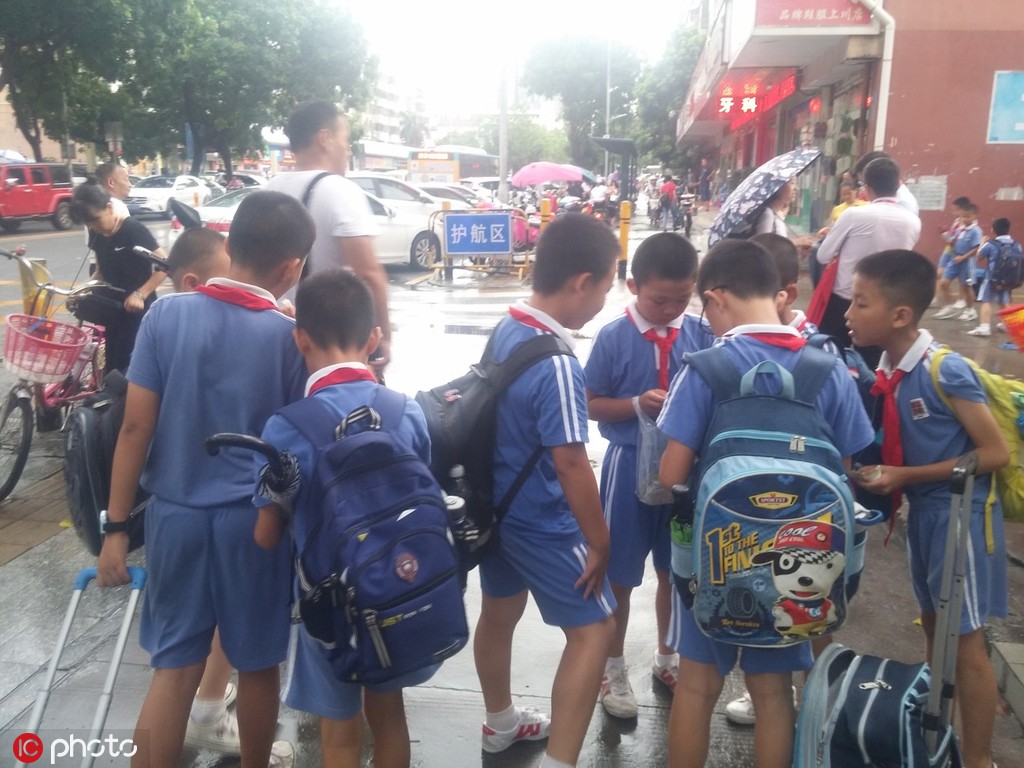New education guidelines: Dos and don'ts
chinadaily.com.cn | Updated: 2019-07-09 15:19

The Communist Party of China Central Committee and State Council published a new guideline for advancing education reform and improving the quality of compulsory education on Monday, responding to quite a few educational topics of concern, Chinanews.com reported.
Six major clarifications, each starting with a "No", can be regarded as boundary lines for schools, teachers and parents where compulsory education is concerned:
1) No admission to over-standard teaching, or advanced course closure for test preparation
Schools and teachers are not allowed to increase or decrease class hours, or change class difficulty or progress arbitrarily.
School teaching should strictly follow curriculum standards, starting at ground zero.
Transitional activity courses should be set in the first grade of primary school.
Special attention should be paid to the transition from kindergarten to primary school education, the guideline stressed.
It also required all localities and schools strengthen supervision of curriculum implementation.
No classes should be ended earlier than schedule to leave more time to prepare for exams.
2) No announcement of student's test scores or rankings in any way
The guideline clarified frequency of examinations should be strictly controlled.
Publishing student's grades or rankings should not be allowed.
3) No use of uncertified textbooks
The guideline mentioned schools should improve the quality of school-based curricula which, in principle, need not compile textbooks.
The national curriculum should never be replaced by local or school-based curricula. Uncertified teaching materials should not be used.
4) No competition achievements for enrollment
The guideline requires that any kinds of examinations, competitions, training grades or certifications are strictly prohibited to be used as the basis for enrollment.
Students should not be selected via interviews or any kinds of evaluation.
5) No occurrence of student homework transformed into parental homework
Students' homework should not be turned into parent's homework, the guideline stressed.
Nor should parents be required to check students' homework. No punitive work should be assigned.
Teachers should check students' homework carefully and strengthen their face-to-face explanations.
Timely feedback to students is also expected.
6) No overburdening extracurricular activities forced on children
The guideline pointed out parents should establish scientific concepts of parenting and fulfill their family education responsibilities seriously.
Communication with children should be enhanced.
Parents should always cultivate good thoughts, conduct and habits in their children and help them determine goals rationally.
Blind comparisons and burdensome extracurricular activities should be prevented.
























